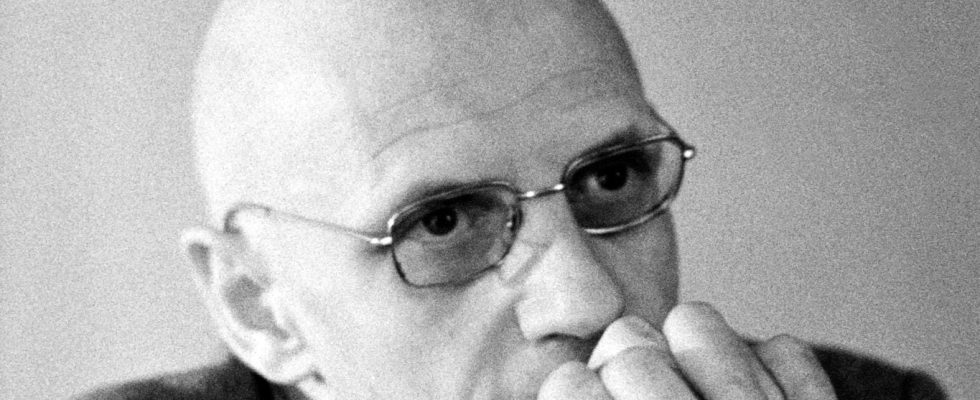The scene takes place in October 1980. “Invited by the Howison Lectures Committee of Berkeley (California) to deliver two lectures on “Truth and Subjectivity”, 800 people crowded into Wheeler Hall to listen to Foucault speak of the beginnings of the Christian faith, while 700 others demonstrated outside to gain entry. For the first time since the 1970s, the police had to intervene again on campus”, we can read in the chronology of the. Said and Written (Quarto) by Michel Foucault.
Like other great French thinkers, such as Jacques Derrida, Pierre Bourdieu or Gilles Deleuze, Foucault was a star across the Atlantic, where, from 1970 until his death, he made more than ten trips. He taught everywhere, most of the time in English, at the University of Buffalo, New York University, and the University of Berkeley, which would become “his intellectual second home”. And it was in English, at the beginning of the 1980s, that the first important essays on his work were published, signed A. Sheridan and Dreyfus and Rabinow.
Would the Americans have appreciated and better understood Foucault’s thought than the French? American historian Michael C. Behrent thinks so, who explains in Michel Foucault: The man and the work. Legacy and critical assessment (Ed. Human Sciences, directed by Héloïse Lhérété) that the Anglo-Saxon Foucault offers us a toolbox to free ourselves from disciplinary and normalizing powers, while the French Foucault is “fond of surrealism, obsessed with death, madness and transgression.
Even today, in this year of the 40th anniversary of his death, the United States continues to chart the course, having just organized, on April 18 and 19, at Rice University (Houston, Texas), a conference international exploring the legacy of Michel Foucault. Among the specialists invited to reconsider the philosopher’s vital influence in the academic and cultural fields since his death in 1984, a Frenchman (phew!), Philippe Chevallier, philosopher, researcher at the BnF (and contributor to L’Express), of which the ENS editions have just republished Foucault and Christianity, A book which offers the first synthesis of all the Christian readings of Foucault, ofHistory of madness to the posthumous great book Confessions of the flesh.
Also note the publications, in February, by Vrin, of his study dissertation on Hegel and that, on May 31, co-published by Le Seuil/EHESS of a collection of unpublished works Nietzsche: courses, conferences and works, by Michel Foucault, taken from the archives of the Foucault collection at the Bibliothèque nationale de France; and, finally, all the same, an “exceptional evening” organized by these same editions, on Monday June 10 at the Collège des Bernardins, in Paris.
.
